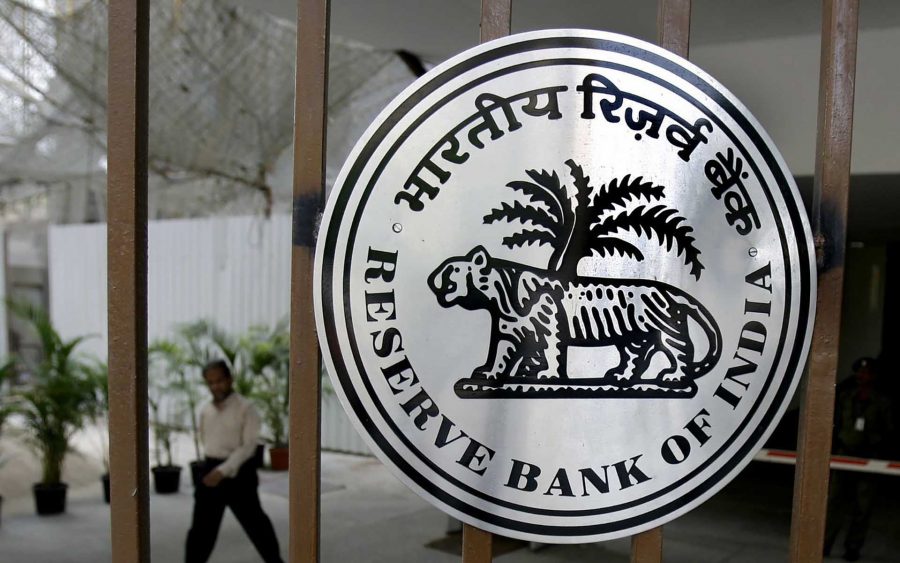
RBI cuts repo rate by 0.25%; home, auto loan to come down
The Reserve Bank on Friday cut its benchmark lending rate by 0.25% to revive growth that has hit six-year low of 5%, and affirmed commitment to remain accommodative to address growth concerns as long as necessary.

The Reserve Bank on Friday (October 4) cut its benchmark lending rate by 0.25% to revive growth that has hit six-year low of 5%, and affirmed commitment to remain accommodative to address growth concerns as long as necessary.
With this cut, repo rate, at which it lends to the system, will now come down to 5.15% and push consumption during the ongoing festival season. This will help reduce borrowing costs for home and auto loans, which are now directly linked to this benchmark.
This is the fifth straight cut in rates by the Reserve Bank of India in as much policy reviews in 2019, and takes the total quantum of reductions to 1.35%.
In the fourth bi-monthly review of the policy, the RBI sharply reduced its GDP growth estimate to 6.1% for FY20 as against 6.9% it was expecting earlier.
This cut came in the wake of June quarter growth slipping to six year low of 5%, which is attributed to a slowdown in consumption, lack of new investments by the industry and also a slump in global economy.
Also read: RBI begins policy review meet; rate cut on cards to boost economy
“The Monetary Policy Committee (MPC) decided to continue with an accommodative stance as long as it is necessary to revive growth, while ensuring that inflation remains within the target,” the resolution of the six-member panel headed by RBI Governor Shaktikanta Das said.
All the six members voted for a rate cut at the end of the three-day meeting, with Ravindra Dholakia voting for a 0.40% reduction in rates.
On inflation, which is the key mandate of the RBI with the target of 4% in the medium term, the MPC moved up the September quarter expectations “slightly upwards” to 3.6%, but retained its projection for the second half of this fiscal at 3.5-3.7%.
The half-yearly Monetary Policy Report presented along with the policy review suggested that inflation will remain within the target levels till early part of FY21.
On reviving growth, the MPC welcomed the recent moves by the government as the ones in right direction, but the resolution did not have any reference to fiscal deficit or fiscal management, which is generally deemed to have an inflationary impact.
“Several measures announced by the Government over the last two months are expected to revive sentiment and spur domestic demand, especially private consumption,” it said.
Risks on the 6.1% GDP growth estimate are “evenly balanced”, it said. On the farm sector, the MPC resolution said, “prospects of agriculture have brightened considerably, positioning it favourably for regenerating employment and income, and the revival of domestic demand”.
The RBI also noted that the monetary policy transmission of the past actions has been “staggered and incomplete”, and said that as against the cumulative reduction of 1.10%, banks have passed on only 0.29% to the borrowers, if we were to go by the weighted average lending rate.
Given the concerns on growth and inflation remaining within the target levels, a majority of analysts were expecting the RBI to cut rates at the review.
Despite the surge in the onion prices, the headline inflation for August had come at 3.8% leading to expectations of a rate cut. Das had also recently said the prospect of benign inflation during the remainder of FY20 gives it the room to cut rates.
As the RBI has compelled banks to align all their retail loans to external benchmarks, and a majority of lenders have adopted the repo rate as the benchmark, the cut will likely bring cheer to borrowers.
On the regulation and supervision front, the RBI decided to increase the household limits for micro-lenders borrowers, and also raise the cap to ₹1.25 lakh per eligible borrower from the previous ₹1 lakh.
(With inputs from agencies)


